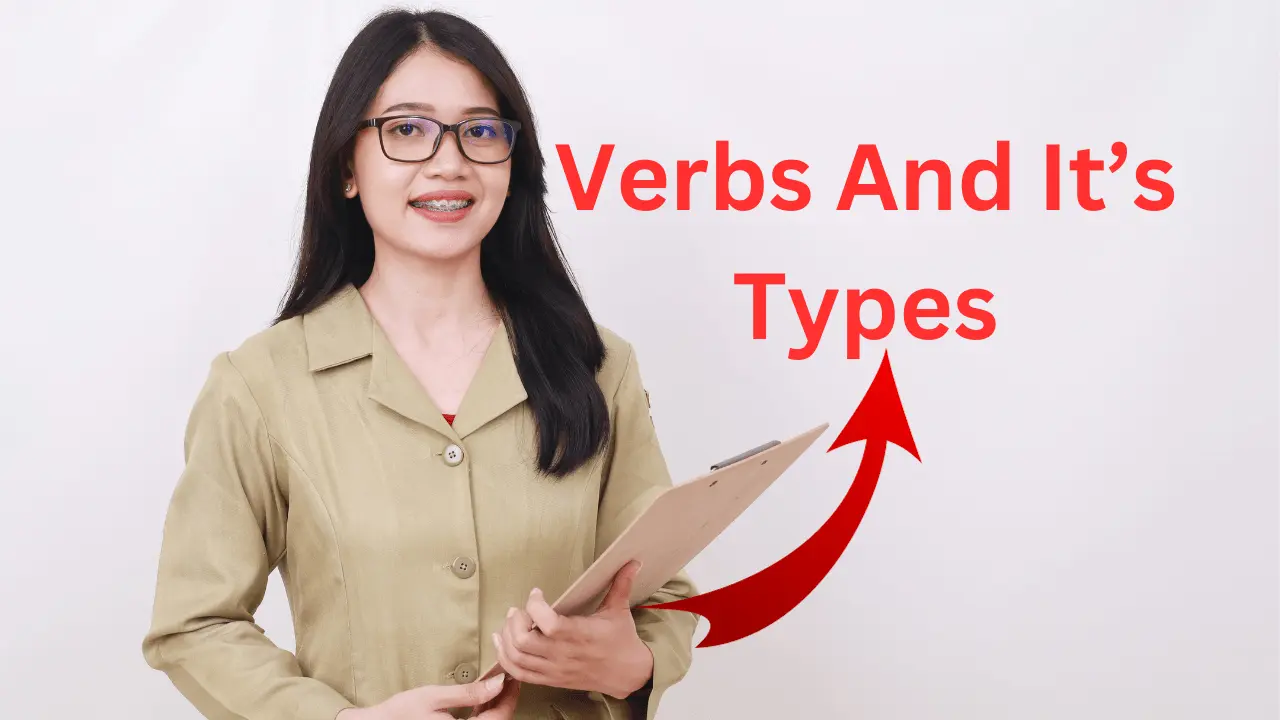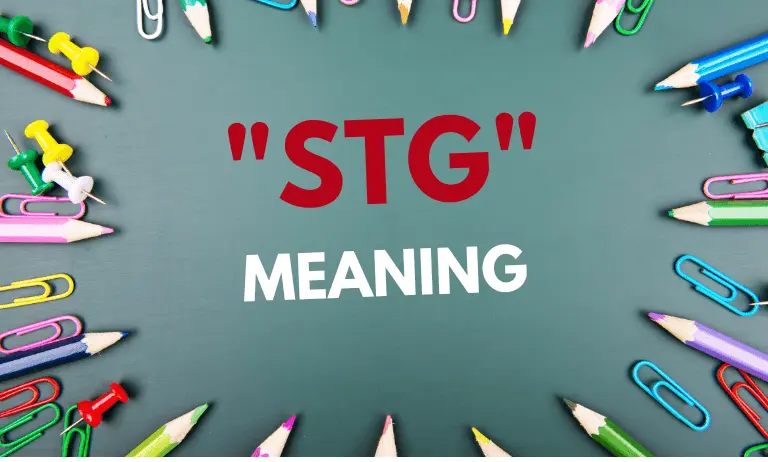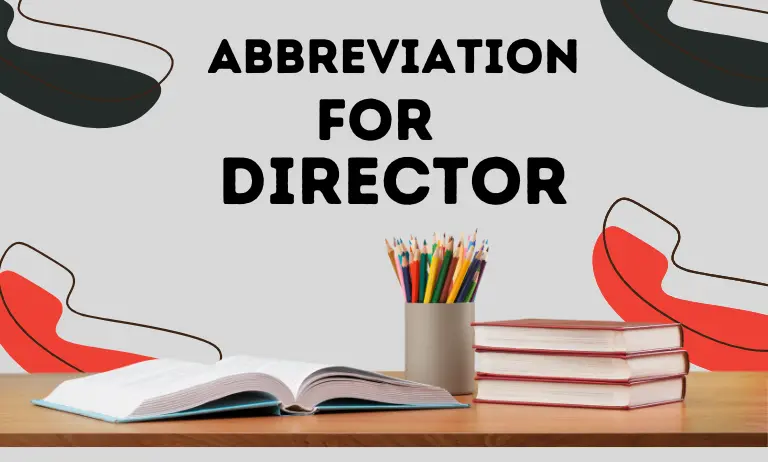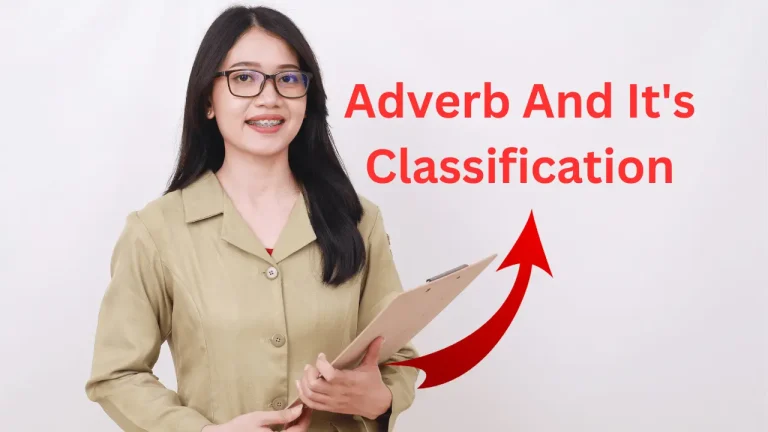Explore 6 Verbs and Its Basic Types – In English

Understanding Verbs and Its Basic Types
A verb is a word which tells us about an action, experiences or feelings. It’s also used between subject and object.
I.e. eat, play, walk, join, live, stop, and so on are some verbs.
Verbs and its basic types also take different forms to express arduous. Also, Transitive and intransitive forms of verbs are used to denote how a verb acts when used with a direct object and an indirect object.
Verbs and Its Basic Types used in sentences:
Verbs and its basic types
Basically, verbs and its basic types divided into 6 main categories. These’re:
Now, we start to explain these types in detail.
1. Regular Verbs
The regular verbs are those whose past and past participles are formed by adding “d” or “ed”.
I.e. Play – played – played, Smile – smiled – smiled, Walk – walked – walked, etc are some regular verbs.
Note: This may be 1st, 2nd, and 3rd form of the verbs.
Regular Verbs used in sentences:
2. Irregular Verbs
The irregular verbs are those whose past and past participles are formed in different ways.
I.e. Sing – song – sung, Drink – drank – drunk, Begin – began – begun, etc are few irregular verbs.
Note: It also may be 1st, 2nd, and 3rd form of verbs.
Irregular Verbs used in sentences:
3. Transitive Verbs
Transitive verbs, the action of which passes from the doer to some object.
I.e. Punished, called, acquitted, supported, etc are few transitive verbs.
Transitive Verbs used in sentences:
4. Intransitive Verbs
Intransitive verbs, the action of which is confined to the doer and does not pass to some object.
I.e. Wept, sank, laughs, fled, etc are some intransitive verbs.
Intransitive Verbs used in sentences:
5. Auxiliary or Helping Verbs
An auxiliary or helping verbs are those which help to form a tense or mood of some other verbs.
I.e. Am, is, are, was, were, been, has, have, had, has been, does, do, did, shall, will, would, should, could, may, might, must, ought, etc are auxiliary or helping verbs.
Note: Has, may, is, does, do, was, and has been are those auxiliary verbs in the sentence because these help the other verbs. Also, these verbs are the principal verbs.
Auxiliary or Helping Verbs used in sentences:
6. Action Verbs
Verbs Referring to Actions- Some verbs referring to action (action verbs) are those that involve the movement of one’s body in one way or the other. Some examples of verbs referring to actions are as follows: Walk, Run, Talk, Sit, Read, Write, etc.
Verbs Referring to Experiences or Feelings- These are verbs that refer to something that you can feel or experience and do not necessarily involve a movement of any kind. Some examples of verbs referring to feelings and experiences are as follows: Love, Hate, Envy, Believe, Trust, Feel, etc.
FAQs
Conclusion
This article is so informative for everybody who worries about knowing verbs. We tried our best to give all knowledge about verbs and their types in this article. After this, if you find any problem with learning it, you can discuss it with us through comments below. We’ll try our best to solve your problem in a short interval of time. Also, thanks for reading.






